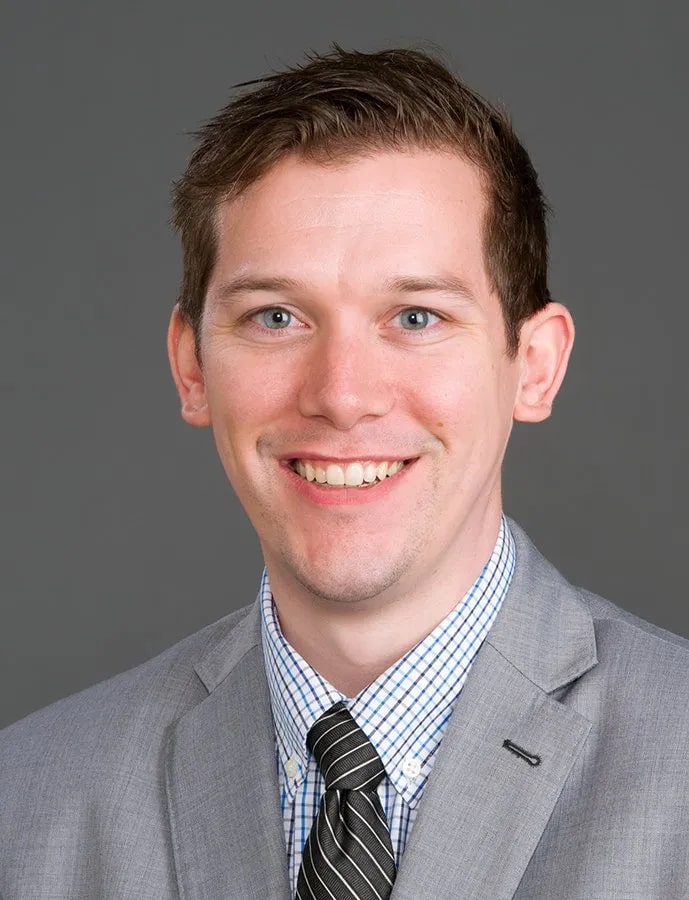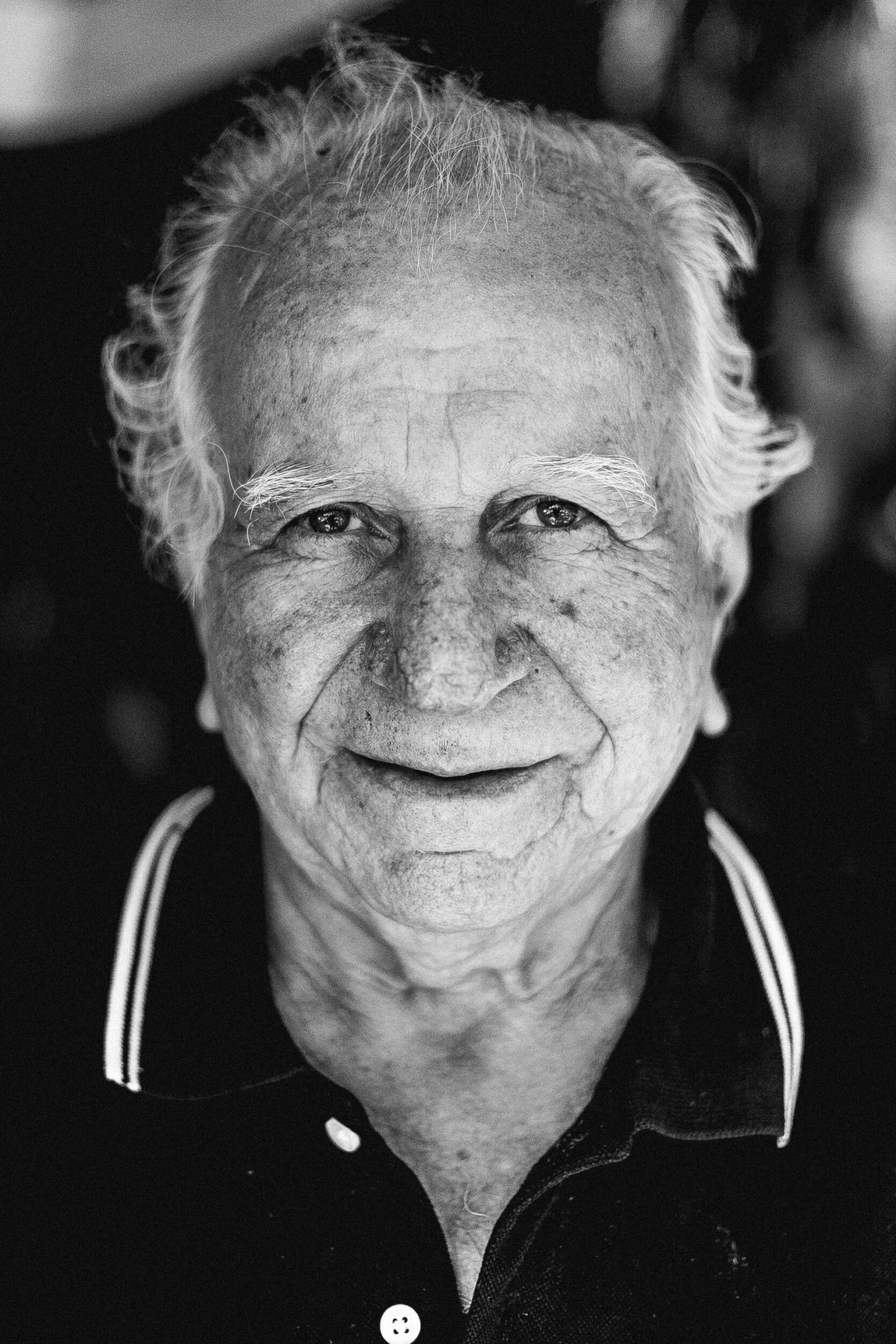Using The Most Innovative Techniques and Technologies
Say Goodbye to Cloudy Vision: Cataract Surgery Milwaukee
More than 24.4 million Americans over the age of 40 have cataracts. If you're one of them, and corrective lenses are no longer providing you clear vision, contact Kenneth Weinlander, MD, at Milwaukee Eye Surgeons in Milwaukee, Wisconsin. Dr. Weinlander has extensive experience with the latest cataract surgery techniques, including laser-assisted cataract surgery in Milwaukee. Using all available intraocular lens technologies (including trifocal, extended depth of focus, and monofocal lenses), he will help you achieve your desired result. Call Milwaukee Eye Surgeons or schedule a consultation online today to learn about your laser cataract surgery Milwaukee options.

A Better Experience With Office Based Surgery

Typically, at a hospital or an ambulatory surgery center setting, patients deal with:
- No eating or drinking after midnight before surgery (including for afternoon cases),
- An IV is placed (some patients are afraid of needles)
- Surgery must be scheduled 1 to 2 weeks apart, there is little flexibility on the days that surgery can be performed (it's a set day of the week), and it's done in a new location with different staff.

Here at Milwaukee Eye Surgeons, we believe in better care. In our office-based surgery suite, our patients can:
- Have a light breakfast/lunch on the day of surgery
- There is no IV
- Surgery can be scheduled as soon as 1 day apart (sequential day surgery), the day of the week that surgery can be performed is only limited by Dr. Ken's schedule and the patient's schedule, and it's done in the same familiar location with the same familiar staff.

Cataract Surgery Q & A
Cataracts develop when the lenses in your eyes become cloudy and no longer focus light on your retina. As you age, the proteins in your lenses break down, and the fragments clump together, which is what causes the clouding. Cataracts are also progressive; many patients begin to develop them in their 40s but don't notice a change in their vision until their 60s.
Some of the symptoms of cataracts include:
- Clouded, blurred or dim vision
- Increasing difficulty with vision at night
- Sensitivity to light and glare
- Need for brighter light for reading and other activities
- Seeing "halos" around lights
- Frequent changes in eyeglass or contact lens prescription
- Fading or yellowing of colors
- Double vision in a single eye
Even if you don't need glasses or contact lenses, you should have a comprehensive eye exam regularly, so your eye doctor can monitor your eye health and provide treatment for cataracts and other eye diseases.
Surgery is the only treatment for cataracts, although Dr. Weinlander doesn't recommend having surgery until your cataracts impair your vision to the point that using corrective lenses no longer helps. For example, some of the signs you need cataract surgery include:
- Can't see enough to do your job or drive safely
- Problems reading or watching television
- Difficulties cooking, shopping, or taking medications
- Vision problems reduce your independence
- Bright lights make it more difficult to see
Dr. Weinlander offers thorough exams to monitor your condition. He recommends and performs cataract surgery when it's your best option.
Dr. Weinlander offers all forms of cataract surgery, including state-of-the-art laser-assisted cataract surgery. After numbing your eyes, Dr. Weinlander carefully removes your cloudy lens and replaces it with a crystal-clear artificial lens implant.
He has extensive experience with the full range of lens options, including monofocal, trifocal, toric, and extended depth of focus lenses. He also routinely performs complex cataract surgery after ocular trauma as well as secondary lens implantation.
Cataract surgery is generally a safe procedure when performed by a board-certified ophthalmologist like Dr. Weinlander. However, there are certain risks that patients need to know about before undergoing treatment. These risks include infection, bleeding, inflammation, swelling, vision loss, and needing a second surgery to fix something that goes wrong during the first surgery. The liklihood of any complication is between 1:300 to 1:500 (or less than 0.5%), which is less than the risk of driving a car. The most common complication after cataract surgery is posterior capsular opacifiction, a film that can develop over the lens implant. This is easily corrected with a painless laser procedure in the office.
Before you can have cataract surgery performed, you must be deemed a suitable candidate for the procedure.
You are a good candidate if you meet the following criteria:
- You experience frequent vision problems
- You have overall good eye health
- You are medically fit
- You have realistic expectations
- You are willing to follow post-operative instructions
Dr. Weinlander will assess your current eye health and medical history to determine whether or not you are a good candidate for cataract surgery.
Your vision is blurry for a couple of days after your cataract surgery. As your swelling subsides, your vision clears. Your eyes might also feel itchy, but you should avoid rubbing them.
You have follow-up appointments with Dr. Weinlander after a couple of days, then two weeks, and a month following your surgery so he can monitor your recovery.
If you need cataract surgery and are looking for an experienced surgeon, call Milwaukee Eye Surgeons or make an appointment online today.
Cataract Surgery in Milwaukee
When deciding where to go for cataract surgery in Milwaukee, make sure to check out reviews and ask for referrals. Milwaukee Eye Surgeons wants you to choose the best place for you when it comes to your eyes. Milwaukee Cataract Surgery involves a lens that Dr. Weinlander implants during surgery that is durable and will last a lifetime.
If you choose to come to Milwaukee Eye Surgeons for Cataract Surgery in Brookfield, WI, we would be happy to help! Contact us at 414-377-5550 to schedule an appointment today.
See For Yourself
Get The Best Eyecare Now
Book An Appointment Today
"Dr. Weinlander is very knowledgeable, thorough and patient! He spent time helping me understand more about my eye health. I was very satisfied with the service I received."
"Great location, nice office, and personable staff. It was easy to schedule and I was able to get a contacts and glasses prescription. All COVID measures were in place and everything was wiped down and sanitized so I felt super safe. Recommended this place to my mom and I will be visiting again."
"Dr. Weinlander is incredibly knowledgeable and was able to take a more conservative approach to my eye problem where my regular optometrist wanted to do something that would have been painful and costly. I highly recommend setting an appointment at Milwaukee Eye Surgeons."
Don't Let Finances Stop You

We Offer Financing Services
We know that sometime procedures can feel expensive or unattainable due to limited financing, but that isn't the case.
There are many services out there and some insurance providers that may help out with the cost of eye care.

